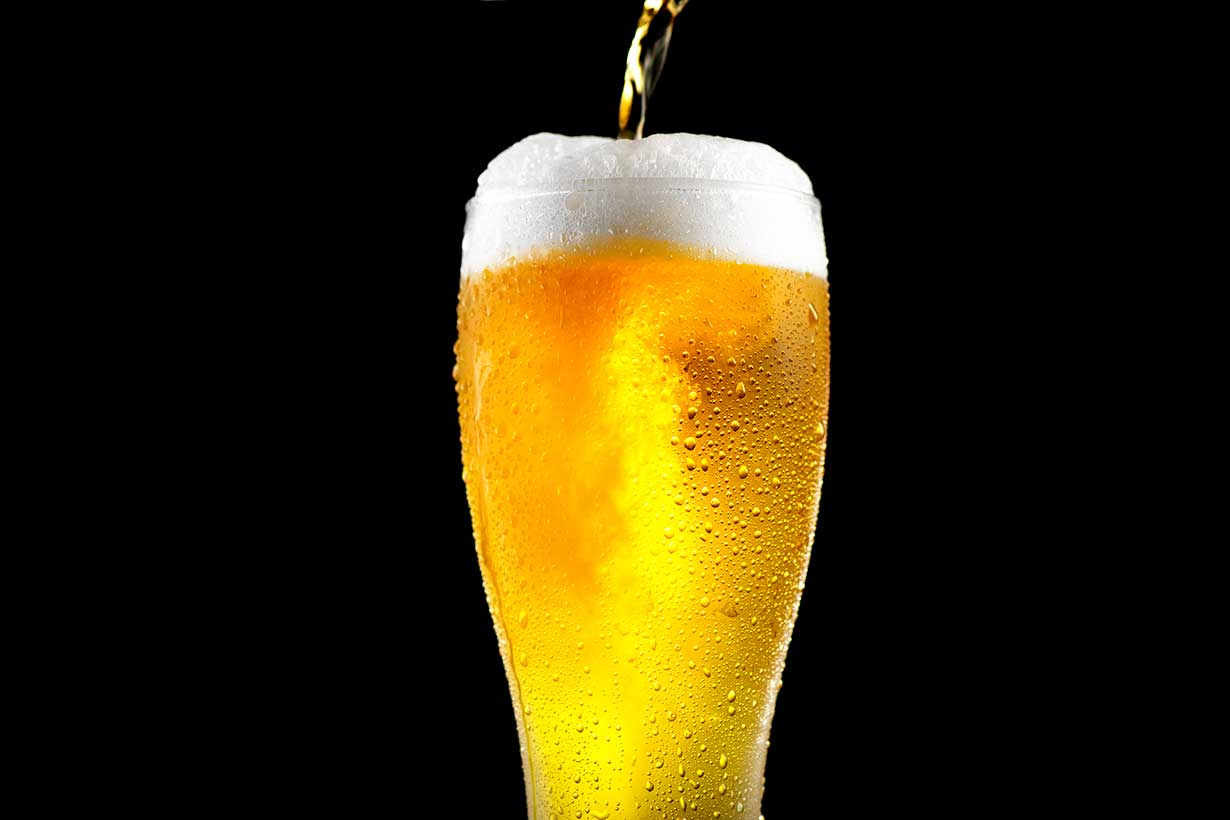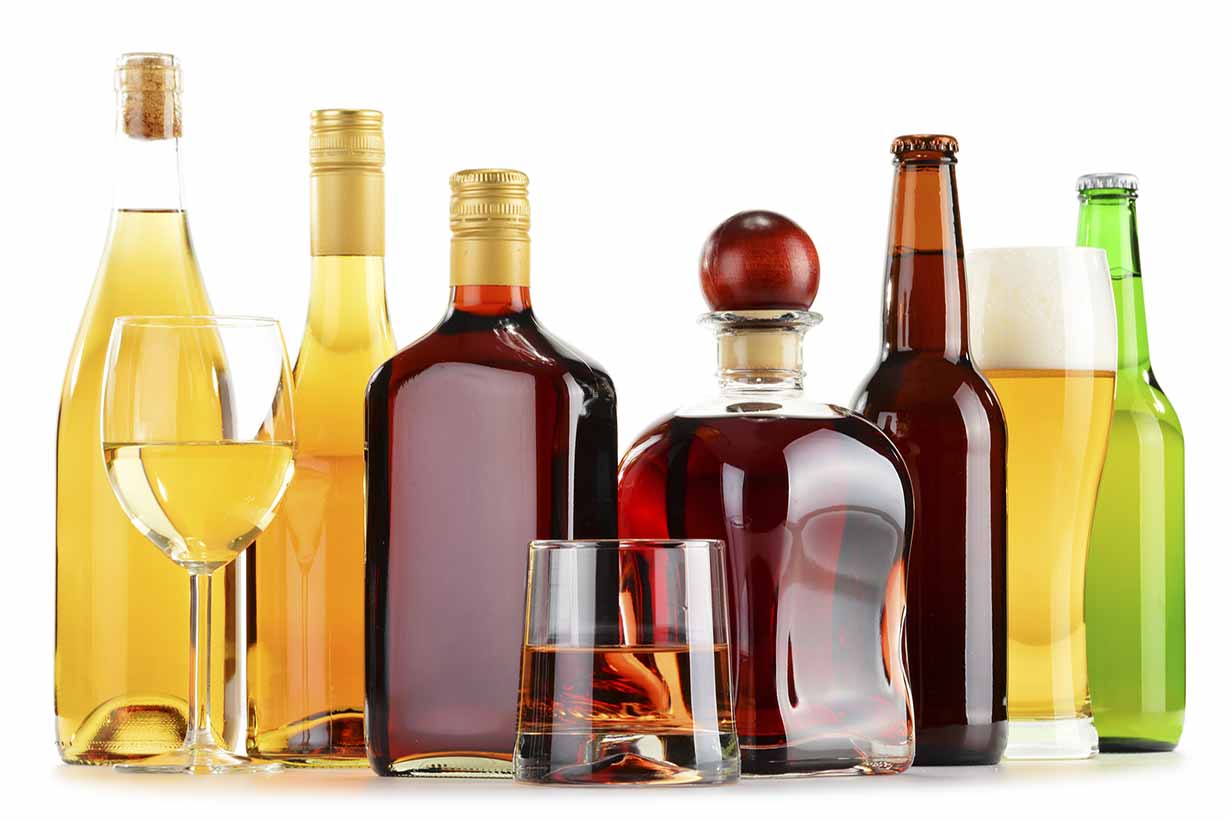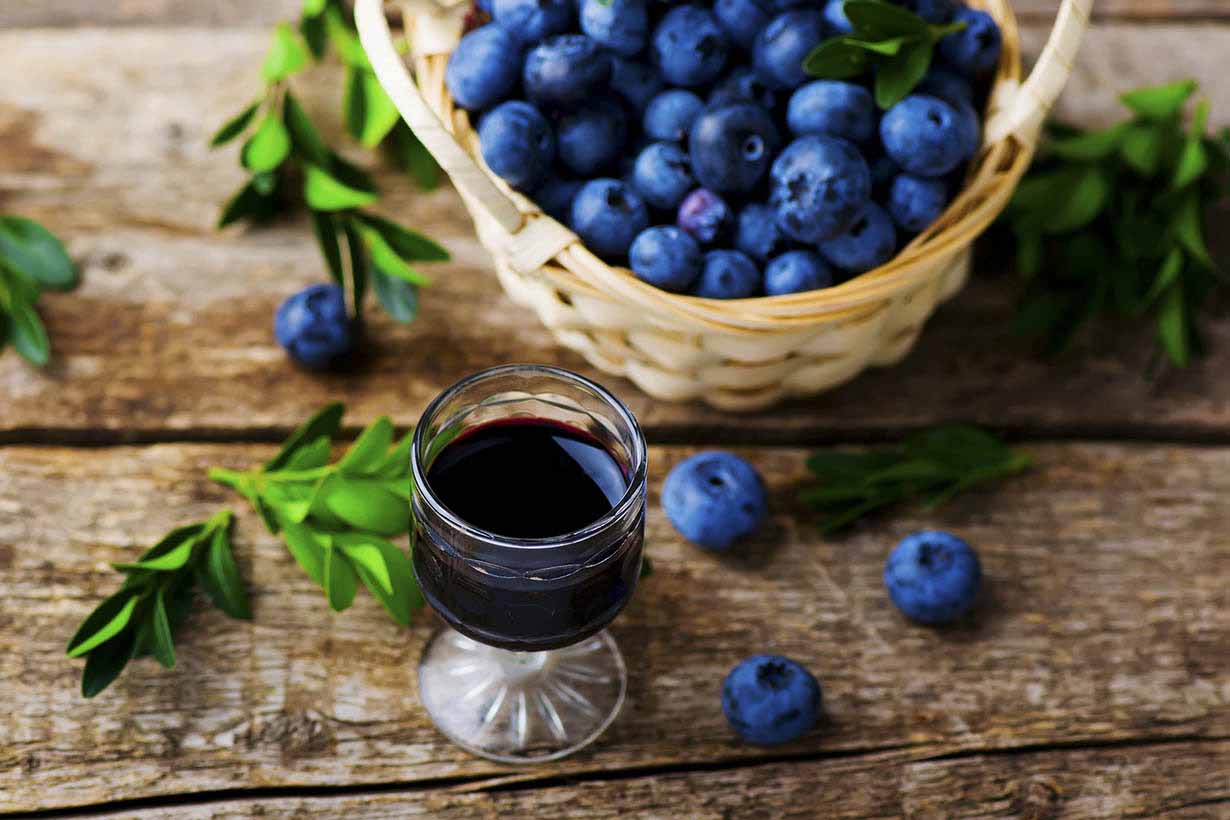Beer is said to be the third most popular drink in the world, and it is one of humankind’s oldest recorded recipes.
However, the drink is widely regarded as being an unhealthy choice.
Interestingly, while beer should never be classed as a health drink, some studies suggest it may have benefits as well as drawbacks.
This article takes a look at what the current research says about beer. As part of this, we’ll examine the nutrition profile, concerns, and purported benefits.
Nutrition Facts
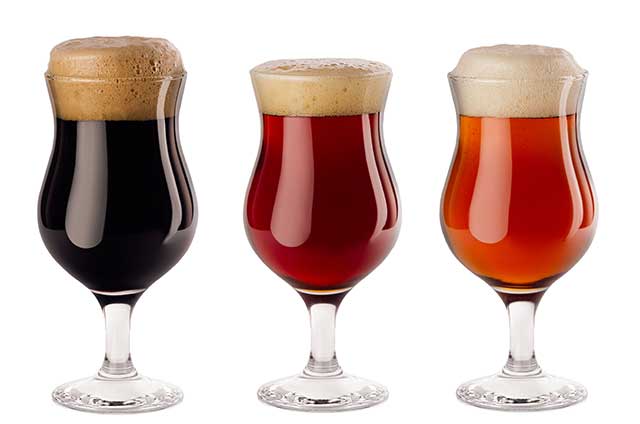
First of all, here is a look at the nutrition profile of regular beer per 100 ml and per 12 fl oz (355 ml) respectively (1).
It is worth noting that every variety of beer will have a slightly different nutrition profile, depending on the ingredients and brewing method.
However, for a general idea, you can see the nutritional values in the tables below.
Calories and Macros
| Nutrient | Per 100 ml | Per 12 fl oz |
|---|---|---|
| Calories | 43 kcal | 153 kcal |
| Carbohydrate | 3.6 g | 12.6 g |
| Fiber | 0 g | 0 g |
| Sugar | 0 g | 0 g |
| Fat | 0 g | 0 g |
| Protein | 0.5 g | 1.6 g |
| Alcohol | 3.9 g | 13.9 g |
Vitamins
| Vitamin | Per 100 ml | Per 12 fl oz |
|---|---|---|
| Vitamin B3 | 3% RDI | 9% RDI |
| Vitamin B6 | 2% RDI | 8% RDI |
| Folate | 1% RDI | 5% RDI |
| Vitamin B2 | 1% RDI | 5% RDI |
| Vitamin B1 | Trace | 1% RDI |
| Vitamin B5 | Trace | 1% RDI |
| Vitamin B12 | Trace | 1% RDI |
Minerals
| Mineral | Per 100 ml | Per 12 fl oz |
|---|---|---|
| Magnesium | 1% RDI | 5% RDI |
| Phosphorus | 1% RDI | 5% RDI |
| Potassium | 1% RDI | 3% RDI |
| Selenium | 1% RDI | 3% RDI |
| Calcium | Trace | 1% RDI |
| Copper | Trace | 1% RDI |
| Manganese | Trace | 1% RDI |
| Sodium | Trace | 1% RDI |
Health Concerns
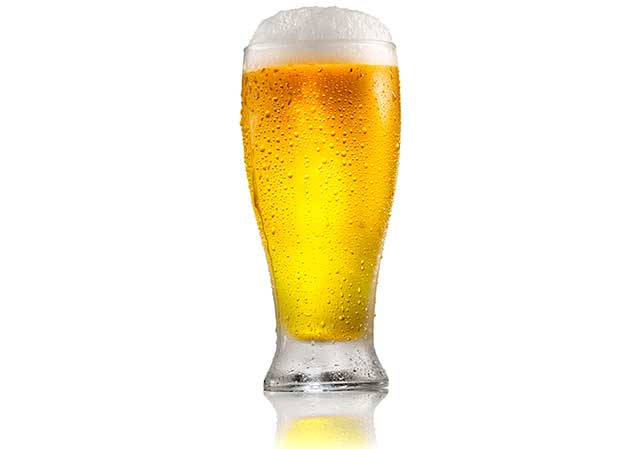
Before we look at some potential benefits of beer, there are several widely known (and lesser known) concerns to cover.
1) Alcohol Is a Toxin
Starting with the obvious concern; alcohol is a toxin.
Unless you are drinking a non-alcoholic version, all beer contains ethanol (2).
Although it is legal and not commonly seen as such, ethanol (alcohol) is a type of drug that acts as a central depressant.
While the dose makes the poison, alcohol can be particularly harmful to the liver due to the chemical reaction that occurs when our body breaks it down.
During this process, alcohol transforms into a compound called acetaldehyde, which is a known toxin and probable carcinogen (3, 4).
Regular (and especially excessive, chronic) drinking can lead to cumulative inflammatory damage to the liver and other parts of the body where alcohol is metabolized (such as the small intestine and pancreas).
Acetaldehyde and free radicals produced during the metabolism of alcohol can also cause DNA damage (5).
2) Beer Is Very High In Carbohydrate and Calories
In absolute terms, beer is not one of the highest carbohydrate sources, and it only provides around four grams per 100 ml.
However, many beer drinkers don’t stop at one drink, and some types of flavored craft beer can contain anywhere from 20 to 30 grams of carbohydrate per serving.
In other words; the carbs in beer can quickly add up.
On this note, beer is also a high-glycemic drink, and a recent study calculated that Pilsner beer has a glycemic index of 89 (6).
Studies also show that beer consistently spikes blood glucose and insulin levels, and this is particularly the case for people with type 2 diabetes (7, 8, 9).
For those who wish to limit their carbohydrate intake, it is possible to find a range of low carb beer options.
Alcohol Slows Metabolism
Beer’s carbohydrate content is not the only issue concerning weight maintenance issues.
When we drink alcohol, our metabolism is essentially put on hold because the liver breaks down alcohol as a priority over all other nutrients.
To put it another way; alcohol consumption will suppress the oxidation of carbohydrate, fat, and protein (10).
3) Associated With Increased Gastric Cancer Risk
Epidemiological studies suggest that some types of alcohol, including beer, may raise the risk for gastric cancer.
In a systematic review of 76 studies featuring over 6,316,385 participants, there was an association between beer drinking and gastric cancer.
A dose-response analysis of the results suggested that there was a 5% increased risk of gastric cancer per 10-grams of daily alcohol from beer (11).
However, as with all epidemiology, this is only an association, and it does not prove causation.
Furthermore, some studies—including a large-scale Japanese systematic review—find no association between beer drinking and gastric cancer (12, 13).
4) Beer Can Lower Inhibitions and Increase the Risk For Accidents
As with all alcohol, drinking excessive amounts of beer can lower inhibitions and affect decision-making skills.
Sadly, there are around 2000 deaths per year in the United States alone from alcohol-related accidents.
Additionally, nearly 800,000 assaults are thought to be alcohol-related (14).
5) Beer Can Raise Blood Pressure
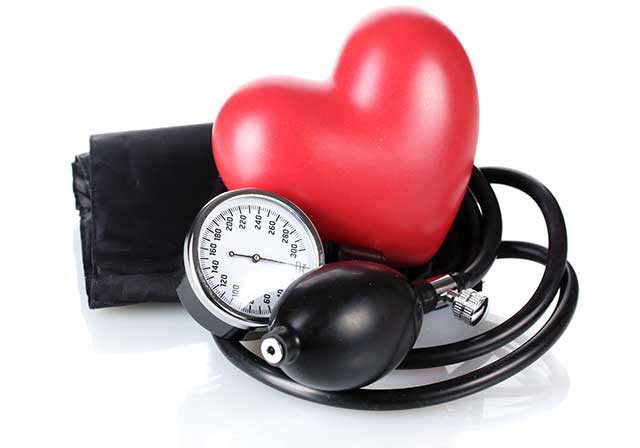
Drinking beer appears to raise blood pressure levels, although this may be in moderate to high drinkers.
Recent studies on this topic have shown that;
- In 28 healthy, normotensive male subjects, drinking 1125 ml of beer per day for four weeks increased systolic and diastolic blood pressure (15).
- In a study of 113 women with high blood pressure, low-to-moderate drinkers had lower blood pressure. However, those drinking greater amounts of alcohol per day had higher levels of systolic blood pressure (16).
- A systematic review and meta-analysis found that “reducing alcohol intake lowers blood pressure in a dose-dependent manner” in people who drink more than two drinks per day (17).
6) Heavy Drinking Can Cause Liver Damage
Since alcohol is a toxin, heavy drinking of any alcoholic drink—including beer—can cause liver damage.
Alcohol-related liver disease (ARLD) is a serious problem, and it can eventually progress to alcoholic hepatitis and cirrhosis
In the United States between 1999 and 2016, cirrhosis deaths increased by 65% to 34,174 per year, mostly driven by alcoholic cirrhosis.
Worryingly, it was the 25-34 age group that experienced the greatest increase in mortality (18).
Also, the liver is not the only part of the body that heavy drinking can effect. Excessive alcohol intake can also negatively affect the cardiovascular system and lower immune response (19, 20).
Furthermore, a systematic review found that heavy alcohol consumption increases the risk of numerous cancers (21).
Potential Benefits of Beer
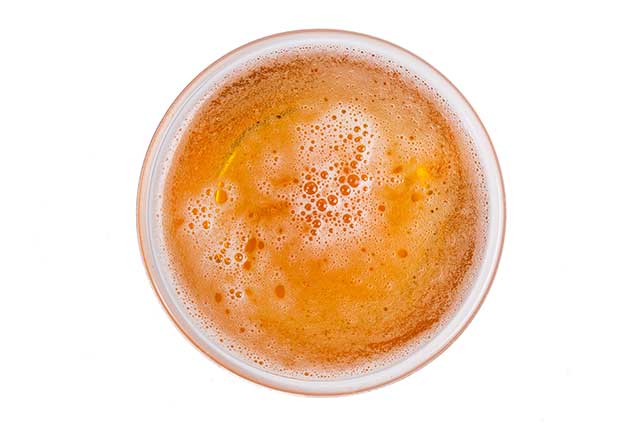
Now that we have looked at the negative points about beer, there are also a few potential benefits it can have.
1) Beer Can Raise HDL Levels
Interestingly, low to moderate amounts of beer can increase HDL levels.
Beer can exert this effect through its alcohol content and bitter compounds called isohumulones (22, 23).
Therefore, some researchers believe that low to moderate amounts of beer could offer heart-protective properties by enhancing cholesterol efflux (24).
2) Beer Contains Polyphenols
It is easy to come across information about the polyphenolic content of red wine. However, we don’t generally hear anything about beer in this regard.
That said, beer is also a rich source of bioactive polyphenols such as phenolic acids, flavanols, flavonols, and flavanones (25, 26).
There is not a substantial amount of research in this area, but one randomized trial featuring 33 male volunteers suggested that the polyphenols in beer can improve certain markers of atherosclerosis.
In this study, four weeks of 660ml daily beer reduced inflammatory biomarkers and leukocyte adhesion molecules (27).
3) Good Source of B Vitamins
Beer is a reasonable source of B vitamins, and it supplies 9% and 8% of the RDI for vitamin B3 and vitamin B6 respectively per serving (1).
However, there are much better food sources of these vitamins, and the (relatively small) nutrient content is not a good reason to drink beer.
4) Beer Contains Prebiotics
In recent years, there has been a lot of noise about the potential benefits of prebiotics for gut health (28, 29).
While much of this research is in its infancy, it is possible that a healthy gut microbiome may influence our overall health.
For instance, systematic reviews suggest the gut microbiome may influence immunity, metabolism, and blood-glucose response to different foods (30, 31).
On this note, research shows that nondigestible compounds in beer called oligosaccharides function as prebiotic products.
Further research is necessary, but the researchers believe that these compounds may support the growth of beneficial gut bacteria (32).
5) Low To Moderate Beer Consumption Is Associated With Improved Cardiovascular Health
Epidemiological research suggests that low levels of beer intake could potentially have cardiovascular benefits.
However, once again, it is worth noting that epidemiology only identifies associations and cannot be taken to imply causation,
That said, reviews of epidemiological research suggest a ‘J-shaped relationship’ between beer and cardiovascular risk and all-cause mortality (33, 34).
In other words, small amounts may potentially have benefits.
Final Thoughts
Beer is a tasty drink that many people enjoy drinking.
However, it can have harmful effects on our health, particularly when consumed in excess.
Although there are possibly some benefits of small amounts of beer, these likely don’t outweigh the negatives.
To conclude, the words of the Office of Disease Prevention and Health Promotion are apt:
“If you don’t drink alcohol, there’s no reason to start. If you choose to drink, it’s important to have only a moderate (limited) amount” (35).

